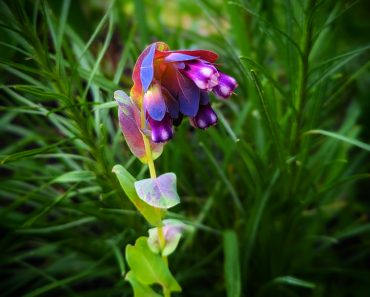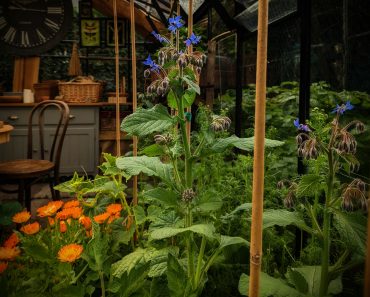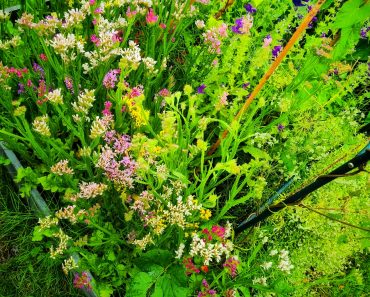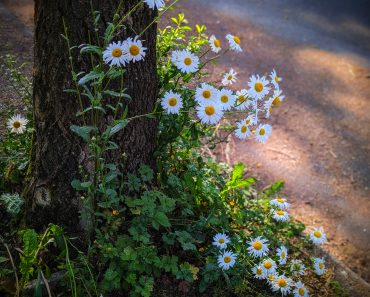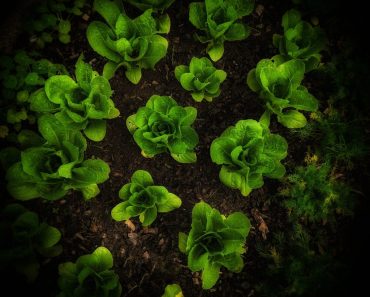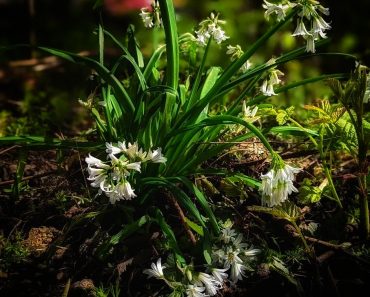The Welsh Poppy (Meconopsis cambrica) is a Beautiful Perennial wildflower that pops up from May- July in the UK. Mostly Native to Wales, western England, Scotland and Ireland. The Welsh Poppy can be easily cultivated for gardens too, adding vibrant pops of sunshine yellow! Perfect for Wild gardens and Cottage Gardens.
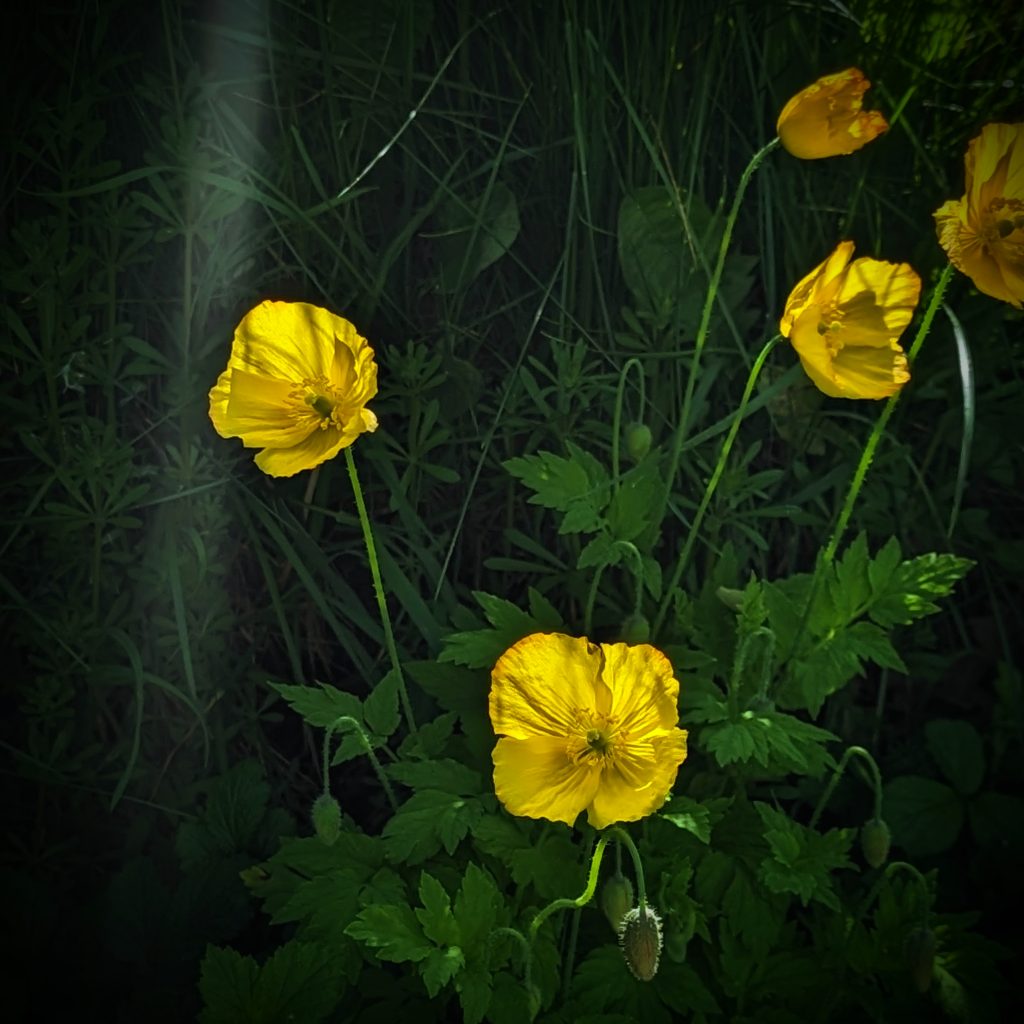
This post may contain Affiliate links please see my disclosure policy
Named For Wales
Carl Linnaeus, a Swedish botanist, zoologist, taxonomist, and physician, in 1753, named the flower, Papaver cambrica. ‘Cambrica’ is the Latin name for Wales, from the Welsh name for Wales, Cymru.
In 1814, the yellow poppy was reclassified as a new species, adopting the new name Meconopsis Cambrica.
*Interesting Fact About Carl Linnaeus
This guy is the one responsible for the binomial system– the practice of naming plants and animals- a system we still use to this day. The Binomial system is a process of naming each species of plant and animal by allocating each one, a genus name, followed by a specific name (species), with both names being in Latin… So the next time you come across a flower you can’t pronounce, you now know who to thank! ;o)
Welsh Poppy Characteristics
Welsh Poppies are A perennial Flower that can reach heights of around 60 cm tall. They have long hairy stems and vibrant, large Yellow flowers with 4 petals, that are about 7 cm in diameter. Elegant, blousy flowers that sway in the breeze…just wonderful!
Where do Welsh Poppies Grow?
Welsh Poppies, much like Bluebells, prefer moist, shaded areas, often found on the edge of woodlands, slopes and riverbanks.
A Protected Species. Help The Welsh Poppy!
Although the Welsh poppy is not currently considered an endangered species, it is still protected under the UK Wildlife and Countryside Act. Though not endangered yet, the welsh poppy is threatened by habitat loss, especially in urban areas. The spread of the invasive species Japanese knotweed has also put this sunny plant in danger!
What can we do? -We can grow it! Us Gardeners can help to protect the beautiful Welsh Poppy simply by growing it in our gardens. By planting it in our gardens we can help preserve the flower, ensuring its survival for our great, great, great grandchildren!
Why stop There? Take a look at the other Poppies you could grow!
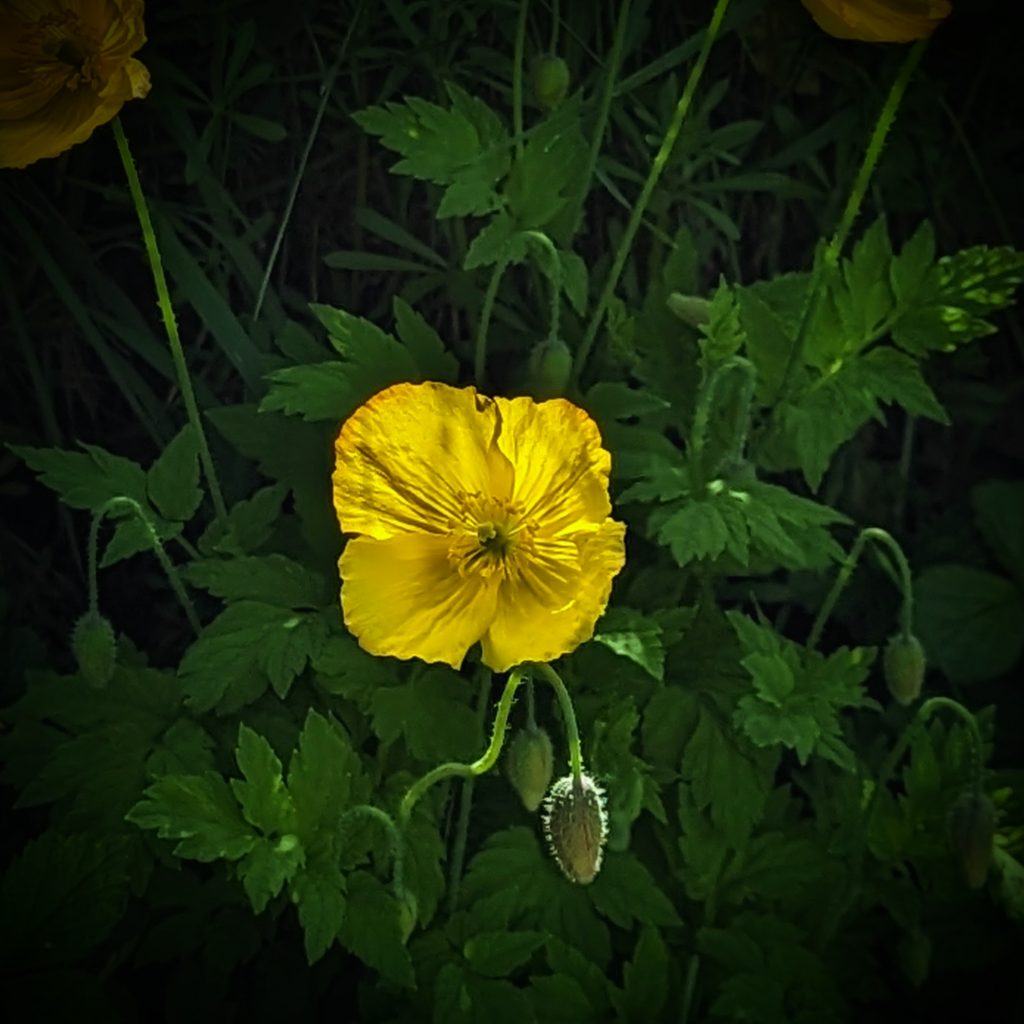
Welsh Poppy Mythology
In Welsh folklore, it was believed that the welsh poppy had magical powers! Folk believed that poppies in the garden would protect them and their homes from evil spirits! Another good reason to grow them!
Can You Pick Wild Welsh Poppies?
Tempting? I know! But please do not pick Welsh Poppies. Keep in mind that it is illegal in the UK to uproot or pick flowers from a protected plant. Damage to the wild plants lead to a decline in the population.
How To Grow Welsh Poppies
Affiliate links
When To sow Welsh Poppy Seeds
Indoors- February To May or September-October
- Sow thinly on the surface of a moist compost in pots, trays or modules
- Cover with a propagator lid, cling wrap or polythene bag
- Place on a Sunny Windowsill or in a greenhouse
- * Germination can take a while, so be patient. Mine have germinated in as little as 2 weeks or as much as 8 weeks
- When Seedlings are large enough to handle, prick out and pot on into individual pots (try not to disturb the roots too much)
- Plant out May- September. * Be sure to harden off indoor raised seedlings first.
What Does Hardening Off Mean?
Plants raised indoors or in a greenhouse environment, need to be acclimatised to cooler temperatures and increased air movement for about two to three weeks before they are planted outdoors permanently. This is a ‘toughening up’ practice to prepare the plants for their new environment.
How to Harden Off
Place your plants out for a couple of hours in a shady part of the garden. The next day, leave them out again for two hours, but this time allow the plants an hour of direct sunshine in the morning. Gradually continue to increase the length of time the plants are in direct sunshine over the course of roughly two weeks.
Where to Plant Welsh Poppies
In a part shade location in moist, fertile soil. Ideal flowers for a woodland border.
Welsh Poppy Water Requirements
Nature will provide…our english weather rarely disappoints! However, during periods of drought water frequently

Will Welsh Poppies Self Seed?
You can count on it! Even in places you weren’t betting on! Paving cracks and other nooks and crannies are all fair game! To prevent this, keep on top of the deadheading
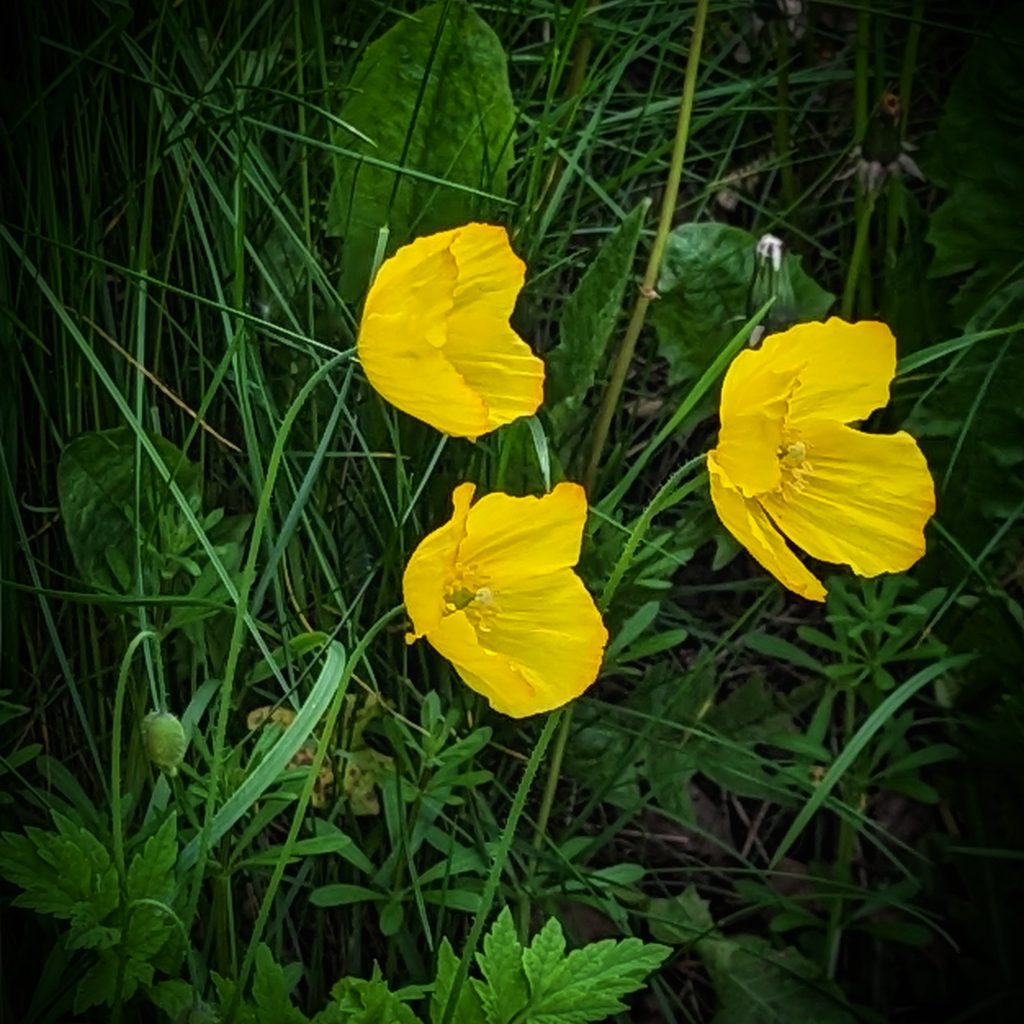
Looking For More Flower Growing Posts?
Creating A Garden ? Take a look at these Frugal DIY Posts…
10 ways to create a vertical Garden
How to Build a Bee hotel from Pallet wood
How To Make A Rustic Fence with Tree Branches
How To make a garden arch with tree branches
Looking For more ‘Homely’ Inspo ?
Have a Nosey Around the Blog! See what i’ve been Baking, Growing and Drinking! Also, pop over and say Hi on Instagram
*Plants which are specially protected in England and Wales
Schedule 8 of the Wildlife and Countryside Act 1981, which is revised every five years provides a list of endangered plants. Under the 1981 Act It is unlawful to intentional pick, uproot or destroy the wild plant or any seed or spore attached to the wild plant. In any proceedings the plant will be deemed to be wild unless the contrary is shown.
Exemption
A person will not be guilty of such a crime if it has been carried out under a licence obtained from the relevant authority, the damage is a result of a lawful activity and could not reasonably have been avoided. That the unlawful act was incidental of a lawful operation or other activity, and whilst carrying out that lawful incident or activity that person took reasonable precautions to avoid uprooting, destroying etc. the plant, or he did not or count have reasonably foreseen that the unlawful act would have occurred during the lawful operation or activity.
It is also unlawful to sell, offer or expose for sale, is in possession of or transports for the purpose of selling, publishes, causes to be published any advertisement likely to be understood that a person buy or sells or intends to buy or sell any live or dead wild plant or anything derived from such a plant included in Schedule 8.

